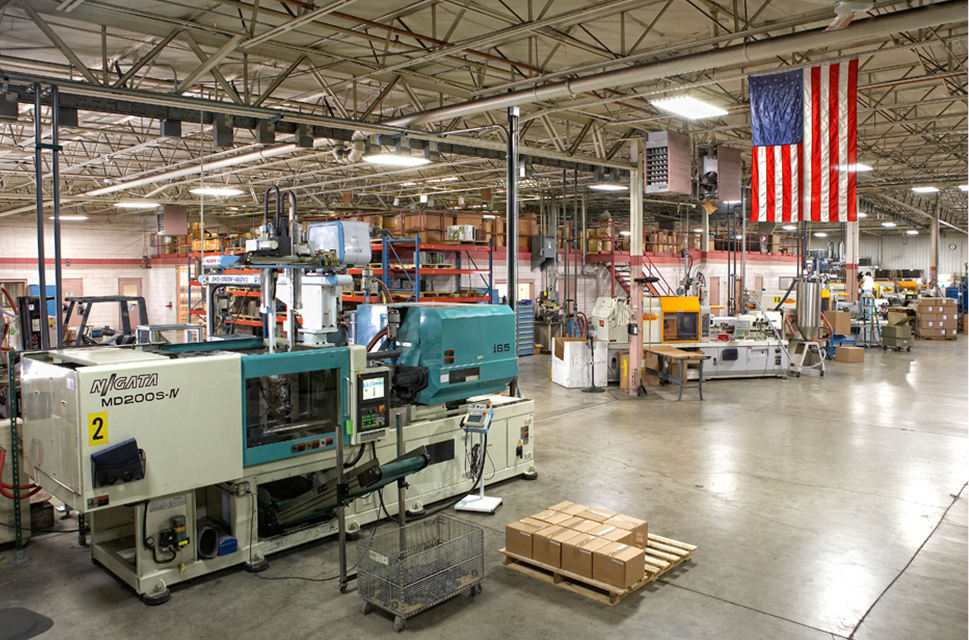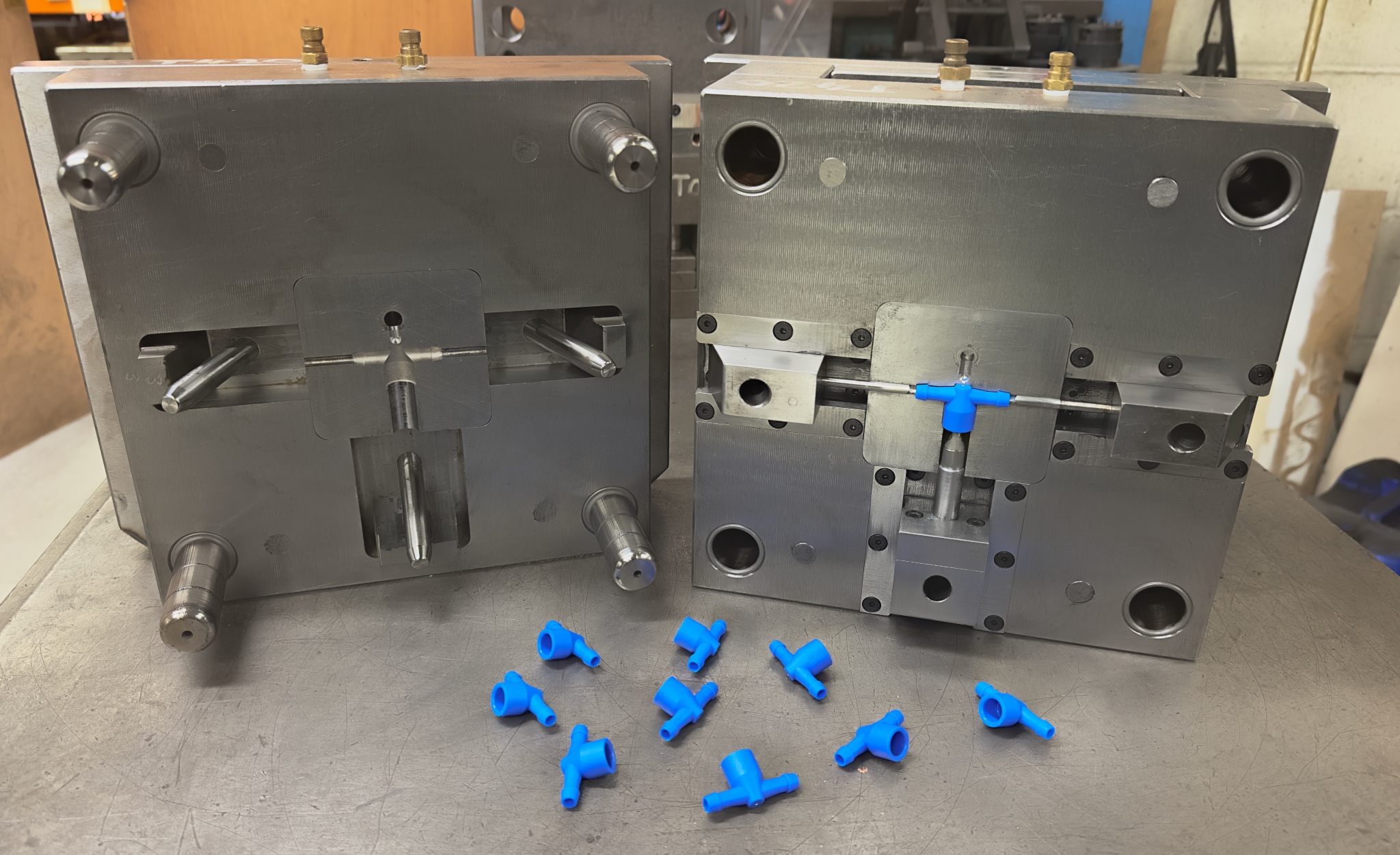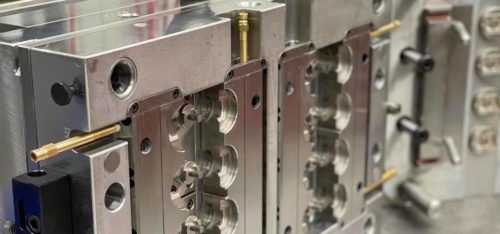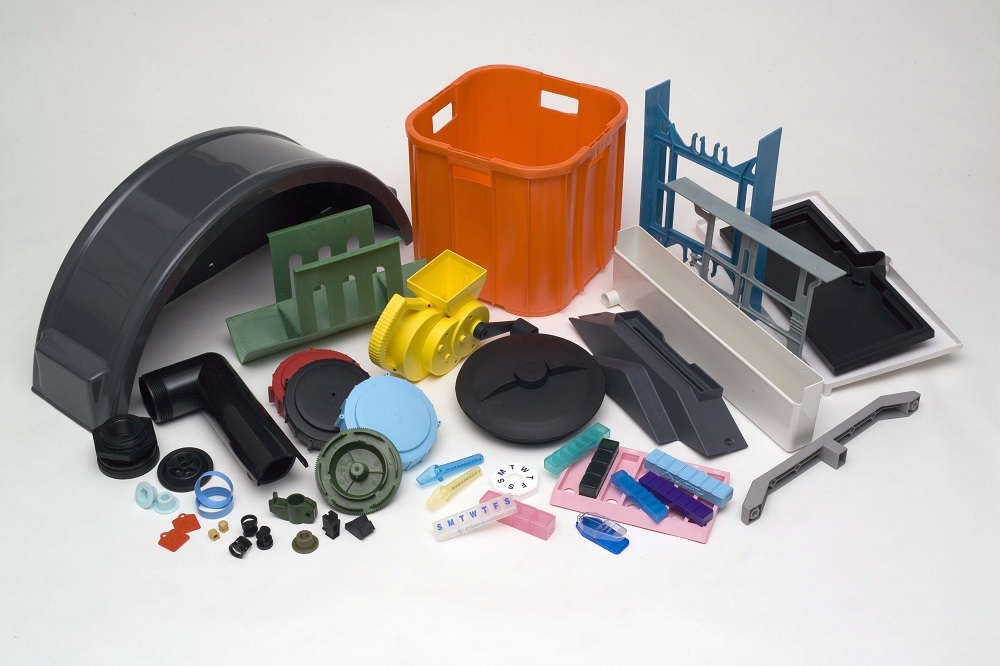

Plastic Injection Company
Plastic Injection Company: Leading
the Way in High-Quality Manufacturing Solutions
In today’s fast-paced and ever-evolving manufacturing landscape, plastic
injection molding plays a crucial role in producing high-quality, precise,
and durable plastic components. Whether for the automotive, electronics,
medical, or consumer goods industries, plastic injection molding companies are
at the forefront of creating parts that meet stringent industry standards.
In this blog post, we’ll explore the role of a plastic injection
company, how they operate, the services they provide, key specifications to
consider, and answer frequently asked questions to give you a complete
understanding of the industry.
What Is a Plastic Injection Company?
A plastic injection company specializes in the design, production,
and manufacturing of plastic components through the injection molding process.
This process involves injecting molten plastic into a precisely crafted mold,
where it cools and solidifies into the desired shape. These companies cater to
a variety of industries by producing parts such as automotive components,
medical devices, packaging materials, and consumer products.
The success of a plastic injection company is based on the combination of
advanced machinery, experienced engineers, and a deep understanding of material
properties. They work with clients to turn concepts into reality, providing
prototypes, production molds, and ongoing support.
How Plastic Injection Companies
Operate
Plastic injection companies offer a range of services that cover
everything from initial design to mass production. Here’s an overview of how
they typically operate:
1. Initial Consultation and Design
The process starts with a detailed consultation to understand the
client’s needs. During this stage, the company evaluates factors like part
geometry, material selection, and production volume. A team of designers and
engineers works with the client to create a mold design using CAD
(Computer-Aided Design) software.
2. Tooling and Prototyping
Once the design is finalized, the company fabricates the necessary
tooling—molds that will be used for injection molding. Prototyping is often
done to ensure that the design functions as intended and that there are no
issues with fit, function, or material flow.
3. Production
After prototyping, the company begins the mass production phase. The
plastic material (usually in the form of pellets) is melted and injected into
the mold, where it takes shape and solidifies. The entire process is optimized
for speed, precision, and repeatability to produce large quantities of
identical parts.
4. Quality Control
Quality is a top priority in plastic injection companies. Every part is
subject to rigorous quality control checks, which may include dimensional
inspections, material testing, and stress testing to ensure the parts meet
industry standards.
5. Packaging and Shipping
Once the parts pass inspection, they are packaged and shipped to the
client. Some companies also offer post-production services, such as assembly,
decorating, and finishing, to ensure the final product is ready for use.
Specifications of Plastic Injection
Services
When choosing a plastic injection company, it’s important to
consider the technical specifications of the services they provide. Here’s a
breakdown of some key specifications:
|
Specification |
Details |
|
Materials Used |
ABS, Polycarbonate, Nylon, PVC, Polyethylene, etc. |
|
Mold Material |
Steel (P20, H13, S136), Aluminum (for prototypes) |
|
Tolerance |
±0.01 mm to ±0.05 mm for high precision |
|
Injection Pressure |
10,000 to 30,000 PSI (depending on material and part size) |
|
Cycle Time |
Typically 15-60 seconds per cycle |
|
Cavities |
Single cavity, multi-cavity, family molds |
|
Part Size |
Small (1 inch) to large (50+ inches) |
|
Surface Finish |
SPI grades, mirror finish, textured, matte, gloss |
A reliable plastic injection company can provide these specifications to
meet the exact requirements of your product, ensuring high-quality production
at scale.
Industries That Benefit from Plastic
Injection Molding
Plastic injection molding is a versatile process that serves numerous
industries. Some of the industries that rely heavily on plastic injection
companies include:
1. Automotive Industry
Plastic components are essential in the automotive industry for producing
interior and exterior parts such as dashboard components, bumpers, and housings
for electrical systems.
2. Medical Devices
Injection-molded plastic parts are crucial in the medical field for
creating components such as syringes, IV connectors, and diagnostic tools. These
parts must meet strict regulatory standards for safety and quality.
3. Consumer Goods
Many household products, including kitchen tools, electronics, toys, and
packaging, are made using injection molding. Plastic injection companies help
design and manufacture products with durability, precision, and aesthetic
appeal.
4. Electronics
Plastic injection molding is widely used in the production of electronic
devices. Components like casings, connectors, and housing for mobile phones,
computers, and appliances are often produced using this method.
FAQs About Plastic Injection
Companies
Q1: What are the advantages of using a
plastic injection company for manufacturing?
A: Some key advantages include cost-effectiveness for large-scale
production, high precision, the ability to work with a wide range of materials,
and fast cycle times. It’s ideal for producing large quantities of identical
parts with minimal waste.
Q2: How long does it take to create a
mold for production?
A: The time to create a mold typically ranges from 4 to 12 weeks,
depending on the complexity of the design, the number of cavities, and the
material used. Prototypes may take less time to produce.
Q3: What materials are used in plastic
injection molding?
A: Common materials include ABS, polycarbonate, nylon, polypropylene,
PVC, polyethylene, and polystyrene. The choice of material depends
on factors like strength, flexibility, temperature resistance, and application
needs.
Q4: Can a plastic injection company
produce both small and large parts?
A: Yes, plastic injection companies can produce parts of varying sizes,
from tiny components like connectors to large parts such as automotive bumpers.
The equipment and molds are tailored to the specific part size.
Q5: What happens if there’s a defect in
a molded part?
A: If a defect is detected, the part is typically discarded. Plastic
injection companies conduct rigorous quality control checks to identify defects
before the parts are shipped. If necessary, the molds can be modified to
correct the issue.
Conclusion
Plastic injection companies are essential players in modern manufacturing,
providing high-quality, efficient solutions for producing a wide range of
plastic components. Whether you're developing a new product or scaling up
production, choosing the right injection molding company is key to ensuring
precision, cost-effectiveness, and reliability.
With advanced technologies, skilled teams, and years of industry experience, plastic injection companies are equipped to handle diverse manufacturing needs across a wide range of industries.



